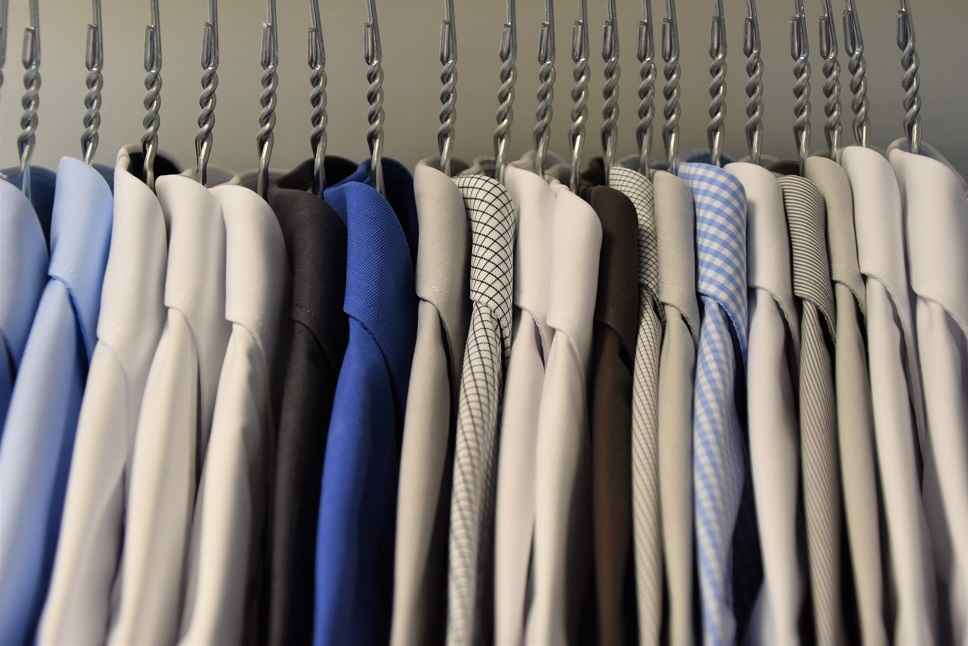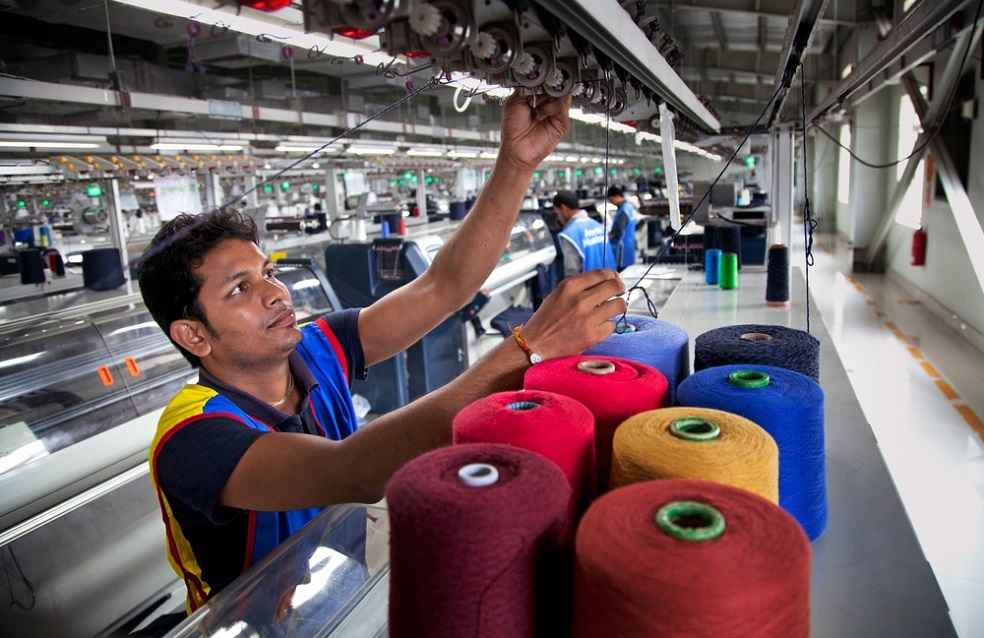Vietnam’s apparel industry is facing significant challenges as a result of tighter US regulations, specifically the Uyghur Forced Labour Protection Act (UFLPA), which bans imports from China’s Xinjiang region. Vietnam has been the hardest hit among garment exporters due to this act, as companies must prove their products do not employ raw materials or components made with Xinjiang’s forced labor.

The US crackdown exacerbates existing challenges in the industry, as demand for apparel from wealthier countries has already been declining, affecting Southeast Asian manufacturing output and exports. Vietnam, a major supplier for well-known brands such as Gap, Nike, and Adidas, has seen more than 80% of the US $15 million worth of apparel and footwear shipments held up for UFLPA checks originating from the country.
The impact on the Vietnamese economy is substantial, as the manufacturing sector, the country’s second-largest employer after agriculture, has lost nearly 3% of its 3.4 million workers since October. This job loss has contributed to an 11.9% drop in exports and a 2.3% decrease in output in the first quarter of this year compared to the same period last year.

Major brands are affected as well, with Nike and Adidas producing a significant portion of their shoes and apparel in Vietnam. Nike’s most recent annual report, updated to May 2022, reveals a considerable reduction in its apparel and footwear production in the country, despite Vietnam remaining its primary manufacturing hub.
STOCK MARKET: How the Dutch East India Company Pioneered the Public Markets



